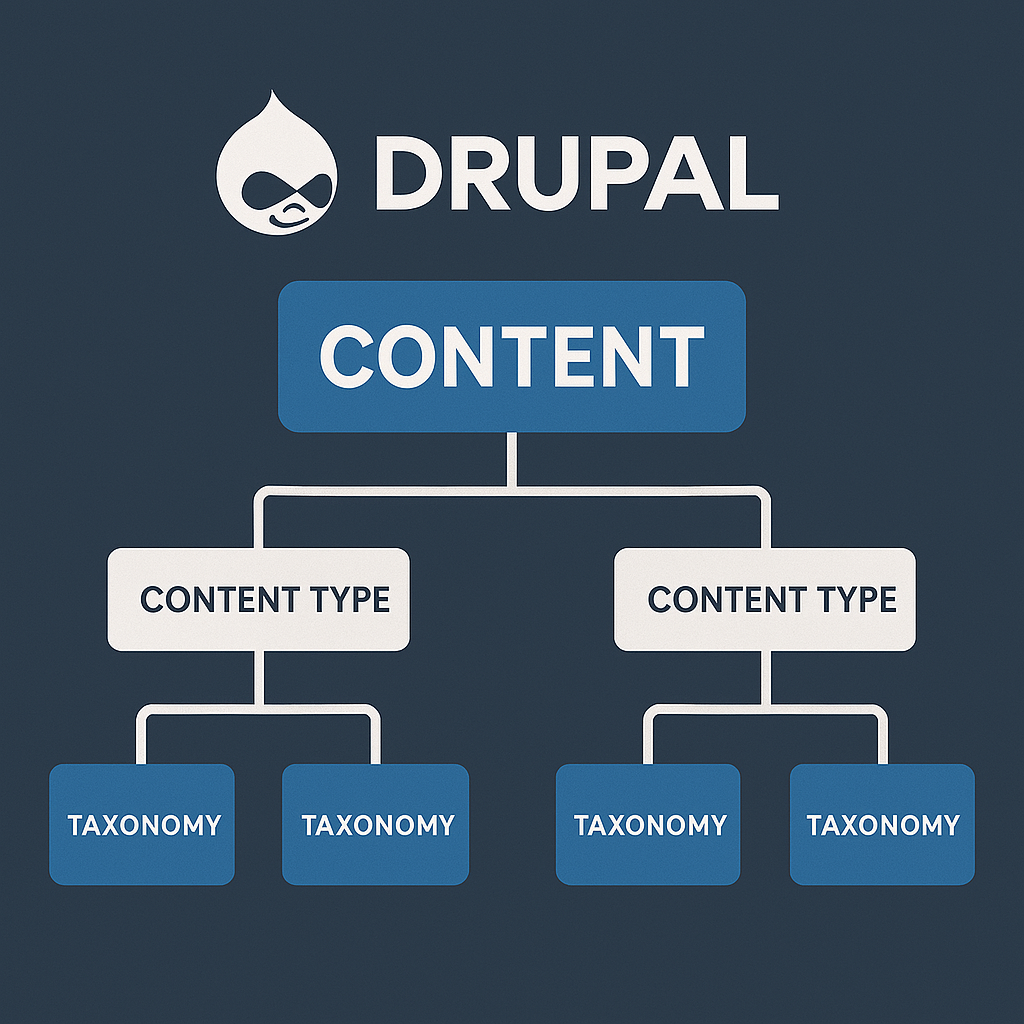In the competitive world of digital marketing, SEO is everything. Visibility can make or break your business. While platforms like WordPress and Joomla offer solid SEO capabilities, Drupal stands out in 2025 for its granular control, structured data handling, and technical SEO precision.
1. Granular Control Over URLs and Metadata
Drupal provides full control over URL structure, meta tags, title tags, and descriptions for every piece of content. Modules like Pathauto, Metatag, and Redirect make it easy to optimize URLs and metadata with no need for third-party plugins.
2. Advanced Content Architecture = Better SEO
Drupal's content types, views, and taxonomies allow for superior content structuring. This means you can easily implement semantic organization, internal linking, and category hierarchy—all important signals for search engines.

3. Built-In Schema.org and Structured Data
Drupal supports schema markup out of the box via modules like Schema.org Metatag, helping Google better understand and rank your content. Rich snippets, event cards, and product info all benefit from this structured data approach.
4. Performance and Speed Optimization
Drupal is known for its lightweight core and scalability. With tools like BigPipe and advanced caching, Drupal sites load fast—a key SEO ranking factor. Combined with image optimization and CDN support, Drupal ensures lightning performance.
5. Multilingual SEO Excellence
Need SEO across different languages or regions? Drupal’s core multilingual support offers unmatched SEO benefits, such as hreflang tag control, localized metadata, and separate language paths, giving your site global reach without sacrificing structure.
6. Secure and SEO-Safe
Search engines favor secure websites. Drupal has enterprise-level security and is less vulnerable to exploits. With automatic HTTPS setup, secure redirects, and clean code output, Drupal delivers a search engine–friendly experience from the backend out.
7. Customizable Robots.txt and Sitemap.xml
Unlike some CMS platforms that require extra plugins, Drupal lets you easily configure robots.txt and sitemap.xml to guide search bots exactly how you want—perfect for high-performance SEO campaigns.
8. Better for Complex, Enterprise SEO
If you manage a massive site with complex SEO requirements (e.g., government portals, educational institutions, e-commerce with thousands of SKUs), Drupal scales better than most CMSs. It handles technical SEO with precision where others might fall short.
Final Thoughts
In 2025, Drupal may not be the most beginner-friendly CMS, but when it comes to serious SEO performance, it’s one of the best. Its flexibility, technical precision, and enterprise features give it a distinct edge over many CMS competitors.
Whether you’re managing a multilingual platform, building a large content ecosystem, or aiming for top rankings in a niche, Drupal’s SEO capabilities make it a smart choice.





